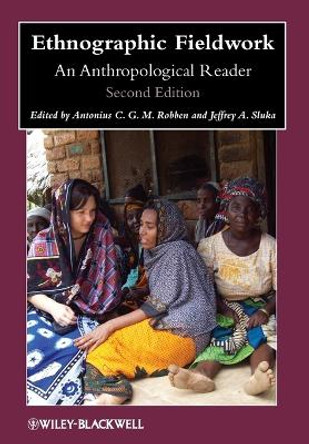Description
The ruthless military dictatorship that ruled Argentina between 1976 and 1983 betrayed the country's people, presiding over massive disappearances of its citizenry and, in the process, destroying the state's trustworthiness as the guardian of safety and well-being. Desperate relatives risked their lives to find the disappeared, and one group of mothers defied the repressive regime with weekly protests at the Plaza de Mayo in Buenos Aires. How do societies cope with human losses and sociocultural traumas in the aftermath of such instances of political violence and state terror?
In Argentina Betrayed, Antonius C. G. M. Robben demonstrates that the dynamics of trust and betrayal that convulsed Argentina during the dictatorship did not end when democracy returned but rather persisted in confrontations over issues such as the truth about the disappearances, the commemoration of the past, and the guilt and accountability of perpetrators. Successive governments failed to resolve these debates because of erratic policies made under pressure from both military and human rights groups. Mutual mistrust between the state, retired officers, former insurgents, and bereaved relatives has been fueled by recurrent revelations and controversies that prevent Argentine society from conclusively coming to terms with its traumatic past.
With thirty years of scholarly engagement with Argentina-and drawing on his extensive, fair-minded interviews with principals at all points along the political spectrum-Robben explores how these ongoing dynamics have influenced the complicated mourning over violent deaths and disappearances. His analysis deploys key concepts from the contemporary literature of human rights, transitional justice, peace and reconciliation, and memory studies, including notions of trauma, denial, accountability, and mourning. The resulting volume is an indispensable contribution to a better understanding of the terrible crimes committed by the Argentine dictatorship in the 1970s and their aftermath.
This riveting analysis of the aftermath of Argentina's massive disappearances uncovers a dynamic of trust and betrayal that has driven relentless confrontations between the state, the military, former insurgents, and bereaved relatives about how to remember, mourn, and punish atrocities committed against fellow citizens.
About the Author
Antonius C. G. M. Robben is Professor of Anthropology at Utrecht University and author of Political Violence and Trauma in Argentina, winner of the Textor Prize from the American Anthropological Association for Excellence in Anthropology, also available from the University of Pennsylvania Press.
Reviews
"Argentina Betrayed is a powerful book that attempts to parse the constructions and continual reconstructions of the key concepts of trust, trauma, betrayal, memory, accountability, and mourning as analytical tools to understand repressive state violence and its legacy for Argentine society. Antonius C. G. M. Robben is to be commended for his examination of the question of what the legacies of repression portend for Argentine democracy and the future of its political projects." * Jennifer Schirmer, International State Crime Initiative *
"Argentina Betrayed is a devastating chronicle of the three decades' aftermath of Argentina's dirty war on a deeply divided and traumatized nation. Antonius C. G. M. Robben argues that the loss of basic trust in state, church, and civil society by survivors, perpetrators, and ordinary citizens, and the failed attempts of post-terror presidents to articulate a shared political and moral narrative of the past events has impeded any pathway to restorative justice. The result is an intolerable state of chaos, multiple truths and falsehoods, moral confusion, and disordered attachment and grief. Robben describes a social world despoiled by a profound sense of betrayal, ontological insecurity, disengagement, and bewilderment that have left permanent scars on individual, social, and political bodies. Each chapter opens a fresh wound via keywords that diagnose a tragedy of Shakespearean proportions." * Nancy Scheper-Hughes, author of Death Without Weeping: The Violence of Everyday Life in Brazil *
Book Information
ISBN 9780812250053
Author Antonius C. G. M. Robben
Format Hardback
Page Count 304
Imprint University of Pennsylvania Press
Publisher University of Pennsylvania Press






